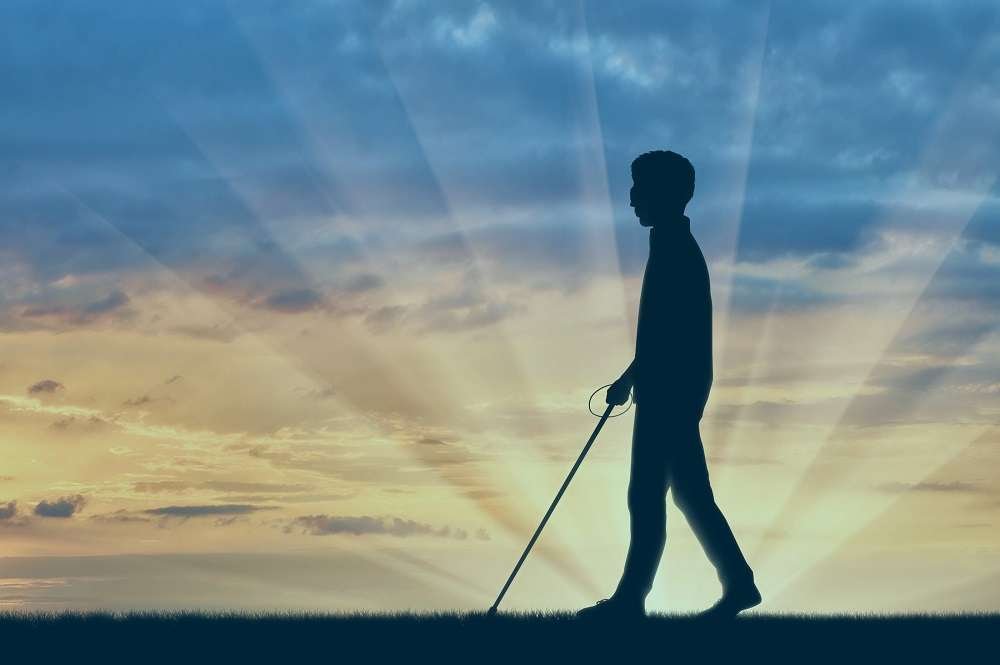Everyone faces challenges in their life but a person with different abilities faces a lot more. People who lose their vision, whether at birth or later in life, must learn how to navigate the world a little bit differently. For those with vision, it can be difficult to understand how someone with limited or no sight sees the world. Any of our perceptions or which we called worldwide pass through three processes, how we perceived and realized different realities. Beliefs and expectations: The first are the process of enculturation through which we learn the basic “common sense” beliefs and values of our culture.
From an early age, people learn a set of stereotypical expectations and beliefs about blind people as dependent, and helpless. Behaviors and interactions: Second, these beliefs become guidelines for our behaviors and interactions with others. In this way, even if blind person has the fortitude to reject the stereotypes of blindness put upon them, they might be denied opportunities for more independence by the expectations of others who do not allow the blind person to take on a job or do other things for themselves. Structures and institutions: Third, these beliefs and behaviors intertwine into larger institutions and other social structures through which the beliefs and behaviors are reinforced.
This is how our perception of blindness is made we think that blind people are dependent on others and cannot do anything on their own. Sighted people tend to think that closing their eyes can offer a glimpse into what blind people see, but it is also our perception of them. This is too, just like any individual, to take up life’s challenges and live a normal life, even if it does not seem normal to sighted individuals. As there are so many students with different abilities proves that nothings stand as a hurdle when one is strongly determined. The limited interaction between society and people with visual impairments has led to the formation of attitudinal stereotypes and the social construction of blindness, which from the point of view of blind people, is largely different from reality.
Despite having troubles in life blind people prove themselves and showed that they can make their surroundings friendly to them. As there are several ways of doing a single work and they can do it through other senses as long as they have strong willpower they can live a normal life similar to sighted people. They use techniques like counting footsteps for reaching their destiny and recognizing that someone is coming behind them. Simultaneously, they use their sense of hearing for picturing what’s going on around them. Hence, vision is not the only condition for developing a good understanding of environmental conditions.
These are all kinds of misconceptions about blind people, like that they cannot use technology, cannot be independent, and cannot hold down a job, in short, all normal people feel like blind people can’t do anything properly. Gaining independence is the most valuable thing for a disabled person as well as education is so important to give them confidence it is also observed that blind people are intelligent.
As Supreme Court also ordered the federal and provincial governments to discontinue the use in all official documents and correspondence of derogatory terms such as “disabled,” “physically handicapped,” and “mentally retarded,” and instead use “persons with disabilities” or “persons with different abilities.” So this is our duty to not discriminate against them on the ground of disability only, As the Quran says “the only good deeds may raise the status of one human over another.
